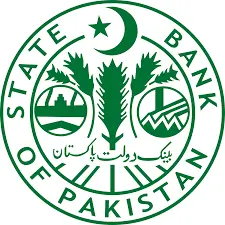Islamabad June 23 2023: Pakistan’s stocks have been hit by a slew of negative headlines but the market may have reached a short-term inflection point.
Valuations have fallen so much that the KSE-100 Index is the world’s cheapest equity benchmark, with a price-to-earnings ratio of 3.9 times. This may go some way toward luring back buyers, who abandoned the market due to political turmoil, the risk of a sovereign debt default and a sinking rupee.
Optimists say there’s another silver lining in the cloud: market watchers have discounted the likelihood of Pakistan receiving aid from the International Monetary Fund, so any positive surprise is likely to give equities a boost.
The benchmark share index is little changed for the year, but record-high inflation means that investors are suffering a massive loss of value in price-adjusted terms. In dollar terms, the market is trailing the MSCI Frontier Emerging Markets Index by 22 percentage points.
A breakdown of talks with the IMF may not necessarily be a bad thing as the multilateral lender is imposing conditions that are hurting the economy, said Imran Khalil Naseer, chief executive officer of Float Securities Pvt Ltd. Without the IMF’s constraints, Pakistan can lower interest rates and “this may reduce the interest burden for both corporates and the government. This is a great time to buy.”
Some say failure to secure IMF aid will have little impact on Pakistan’s stocks. “The equity markets have seemingly priced in a default if we compare to countries which have recently experienced the same, such as Sri Lanka and Ghana,” said Mustafa Pasha, chief investment officer at Lakson Investments Ltd. “But a short-term reaction would not be surprising.”
To be clear, few are turning outright bulls. Political ructions, a weak rupee and the economy’s vulnerability to natural disasters are all tempering enthusiasm toward Pakistan’s assets. “Short term, maybe you can look at certain stocks selectively,” said Ruchir Desai, Hong Kong-based fund manager at Asia Frontier Capital. “But longer term, I don’t see a structural bull case of Pakistan.
Desai is banking on a possible reduction in borrowing costs to revive appetite for equities. Inflation is likely to start easing in the second half of the year and “that will drive the central bank to possibly cut interest rates sometime, hopefully by early next year,” he said.
Related Posts










